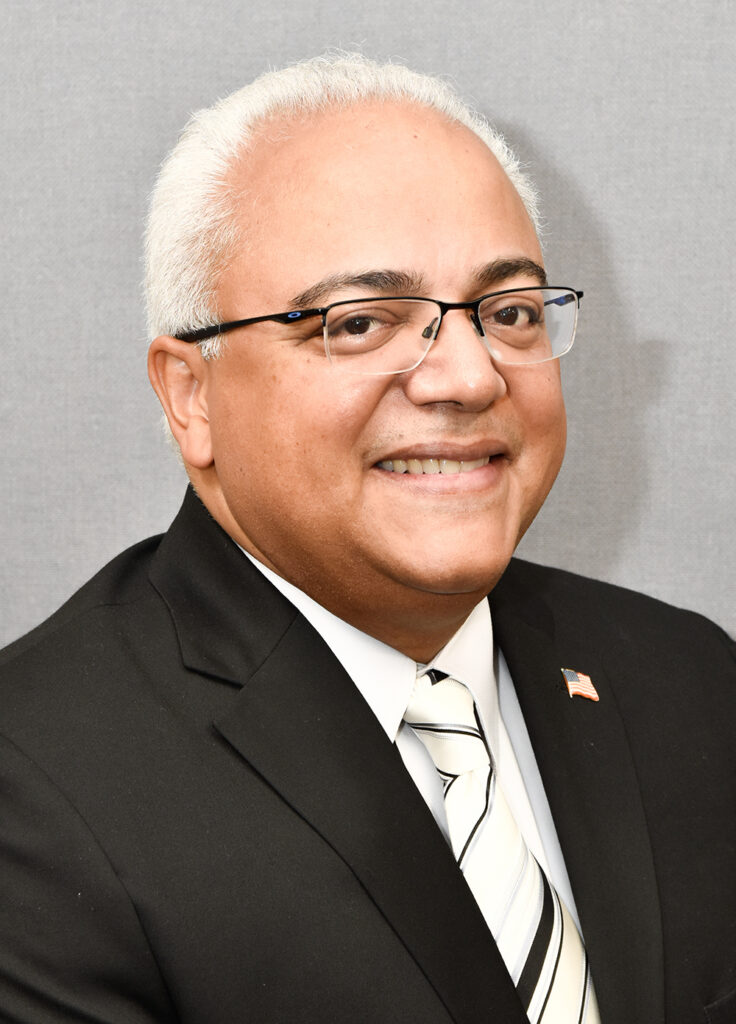Can we navigate these trying times? Shift Paradigms to Survive Uncertainty
By: Maria Alejandra Pulgar
Economic shifts, political instability, health crises, and environmental challenges have made unpredictability a defining characteristic of modern existence. The world has always been shaped by cycles of stability and disruption. However, in recent years, uncertainty has embedded itself into the fabric of daily life.
The overwhelming flow of information on social media creates a sense of instability across nearly every aspect of life, as if the carpet was pulled out under our feet; however, history has shown that the world is always changing and societies adapt. One striking example was the pandemic and how societies rebounded after it was over.
Unfortunately, individuals often struggle to find clarity amid the unknown and put forth opposition to changes. Only a shift in personal paradigms is the answer to maintain resilience and navigate the complexities of today’s world.
Economic Uncertainty: A Shifting Global Landscape
“At the present moment, the world order as it relates to trade and financial arrangements between global players as we knew it post-World War II has changed” stated Ivan Jimenez, economist and investment consultant, “The International Monetary Fund (IMF), World Bank, and multilateral organizations were created to foster global economic stability and develop a middle class. The system thrived for decades, leading to advancements in technology and economic growth”.

However, the 1970s brought inflation, an oil crisis, and a shift in manufacturing jobs overseas. Jimenez explains, “This started a decades-long exodus of jobs out of the U.S. toward economies where labor was much less expensive.” The opening of trade with China further accelerated this trend, making it the “factory of the world.”
More recently, tariff policies have fueled uncertainty. Jimenez observes, “The perception of a haphazard rollout of tariffs created a climate of uncertainty, perceived to be highly disruptive.”
Economic uncertainty is not a new phenomenon, but its manifestations evolve. The financial markets, labor dynamics, and geopolitical tensions all contribute to an environment where long-term stability feels increasingly elusive. How can we manage?
“Markets always climb a wall of worry, but it’s the relative impact of events that marks key shifts.” To counter financial uncertainty, Jimenez advises proactive planning: “Pause and consider all possible outcomes. Focus on the what-if scenarios with clarity, ensuring you have the reserves needed to overcome disruptions like job loss or income reduction.”
Jimenez comments, “Times of crises open the attention span of the average person to the economy. When things seem like a mess, we suddenly notice.”
Financial preparedness is not merely about accumulating wealth; it is about cultivating adaptability. Those who anticipate shifts and prepare accordingly are better positioned to withstand economic turbulence.
Health and Personal Uncertainty: Strengthening Resilience
Health uncertainty is particularly challenging because it strikes at the core of human vulnerability; focusing on preventive care, mental wellness, and informed decision-making can mitigate its impact.
The world confronted the greatest health uncertainty of this generation five years ago and rebounded, though its effects are still felt today. Nearly 100 million Americans lacked access to primary healthcare in 2023 and unpredictability in health systems and research has created a broad sense of vulnerability for this issue.
 Focusing on what can be controlled to maintain mental and physical wellness should be the priority. Developing or maintaining healthy habits, looking for emotional support, and checking in on friends and family to request and to offer assistance strengthens resilience in difficult times.
Focusing on what can be controlled to maintain mental and physical wellness should be the priority. Developing or maintaining healthy habits, looking for emotional support, and checking in on friends and family to request and to offer assistance strengthens resilience in difficult times.
Migratory Challenges: Adapting to a Changing World
Migration is often framed as a political issue, but at its core, it is a human experience. Whether driven by economic necessity, conflict, or environmental factors, migration reflects the ongoing search for stability and opportunity.
Finding information only from reputable legal sources is fundamental to avoid making mistakes that could complicate migratory processes. Understanding policy changes, maintaining adaptability, and seeking legal support are the best ways for individuals to manage migration uncertainty.
Global Challenges: Is There Hope?
There are additional issues that we cannot control and impact our lives. Climate uncertainty is no longer a distant concern: environmental instability, rising sea levels, extreme weather, and resource depletion remain a present reality. The intersection of environmental degradation and economic instability underscores the urgency of global cooperation and sustainable solutions. As late Pope Francis said on “Laudato Si” we need to care for “Our Common Home” and despair is not the answer.
Uncertainty is not a roadblock; it is a test of resilience, adaptability, and preparation. History has shown that societies, economies, and individuals evolve through informed decisions and strategic planning. Jimenez commented that “The best antidote for economic uncertainty is time coupled with a plan.” This advice can apply to all different types of uncertainty.
Strength comes not from resisting change, but from understanding how to navigate. Clarity is found not in fearing the unknown, but in facing it with confidence and faith. With knowledge, community, and perseverance, the future is still ours to shape. Trust the process.

